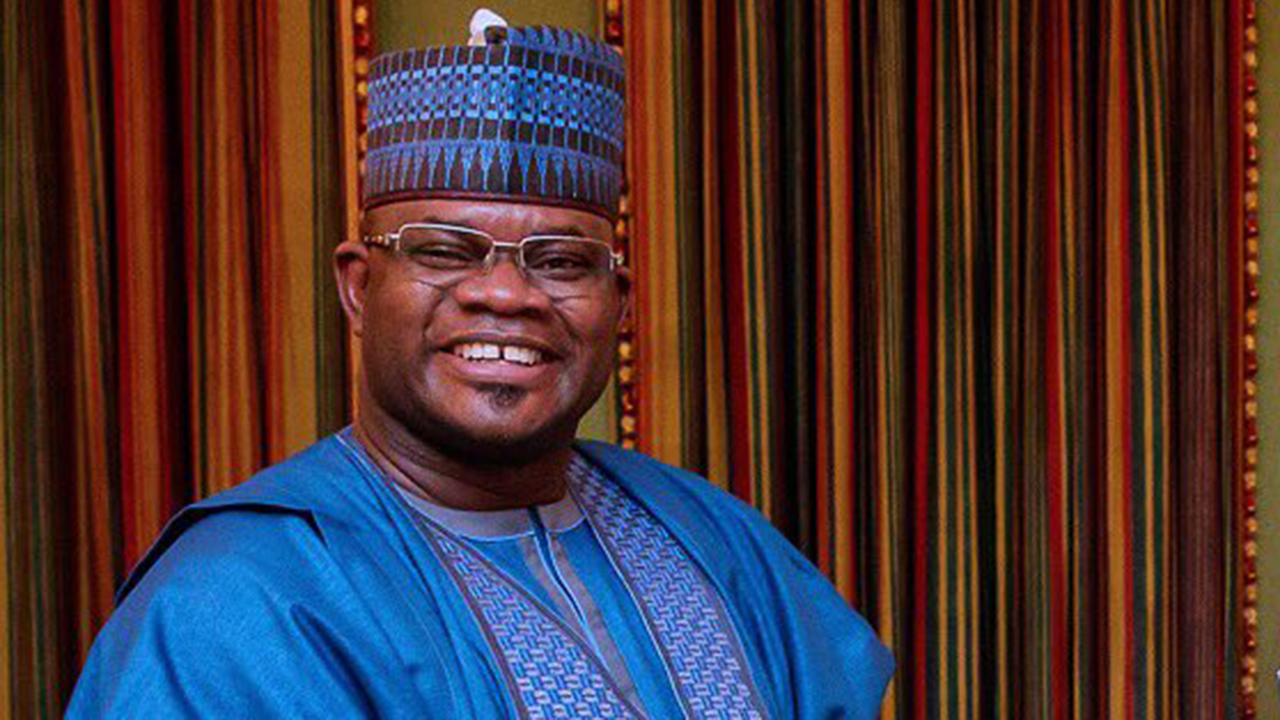
Faruq Adejoh, spokesman to the candidate of the PDP, Engr. Musa Wada recently raised the alarm that the APC was planning to introduce violence to the electoral process and called on security agents to be vigilant. But the APC thinks otherwise, saying that the PDP should rather be held responsible for any violent conduct, before, during and after the election.
However, stakeholders connected to the election are not leaving anything to chance. Recently, the Resident Electoral Commissioner, (REC, in Kogi State, Professor James Apam, expressed worry over the level of violence in elections in Kogi.
The REC said that relevant stakeholders must work very hard to use the November 16, governorship election as a test case by ensuring a peaceful, fair and violence-free election.
Prof. Apam disclosed this during the unveiling/Multi Stakeholders Consultative Meeting On Curbing Violence Against Women in Politics, (VAWIP), by Challenge Parenthood Initiative, (CPI), with funding from USAID and UKaid held at the Revaton Hotel in Lokoja, noted that it is sad that some hoodlums during election stormed polling units and disrupt the election.
According to him, all efforts put in place by INEC to organised free, fair, credible election could be rubbished by the bad attitude of politicians and their followers.
“People always blame INEC when there is a problem, but the truth of the matter is that in most cases the electorate and politicians are responsible for the problem. Yes on our part we normally encounter some problems, but I can assure you that some of these problems will be solved before, during and after Kogi Governorship election.
Earlier, the Executive Director, Challenge Parenthood Initiative, (CPI), Eunice Agbogun said the programme was organised to sensitize the public on the need to eschew violence of any form as the state prepares for the November governorship election.
She urged women to come out and participate in politics and also vote for any candidate of their choice, reminding them of their critical role in entrenching good governance in the state.
Center for Information Technology and Development (CITAD), has also expressed worry over hate speech and resort to violence in politics, saying that this trend was capable of jeopardizing the process.
Coordinator, Countering Hate Speech Project, Center for Information Technology and Development (CITAD), Hamza Ibrahim, noted that; “having tracked and analyzed the speech items over the stated period, we are worried that remarks of some Nigerians and social media users are becoming a big challenge because of their effect on the polity.
Deputy Country Director, National Democratic Institute, (NDI), Raymond Esebagbon, said his organisation and implementing partners have scaled up campaigns against hate speech and gender-based violence.
According to him, women as key players in the electioneering process must be protected from the side effects of hate speech and gender-based violence.
Dr. Mohammed Usman, Chairman, Board of Directors of the organisation noted that the violent disruption of the Peoples Democratic Party (PDP) primary by gunmen was a clear example that the coast was not yet clear for a peaceful conduct of the election.
He said that efforts should be intensified not to deny voters the opportunity, especially at the grassroots, hence the need for sensitization and proper security arrangement to address the possible resurgence of violence before, during and after the election.
In addressing hate speech and mitigating electoral violence in the November 16, governorship election, journalists have been told to give adequate, unbiased coverage to the electoral process.
This was part of the resolution reached at the end of a two-day media training organised by Search for Common Ground (SFCG), which focused on the search for ‘Common Ground Journalism in Kogi State Preparatory to the November 16th, 2019 off-cycle governorship election in Kogi State.
Search for Common Ground, an International NGO organised the training for 30 influential media and new media practitioners.
The training had the objective of mainstreaming conflict sensitivity in media reportage, support journalists to constructively report on the elections without contributing to the drivers of electoral violence and agree on modalities for commemorating the State Media peace day ahead of the elections.
[ad unit=2]



